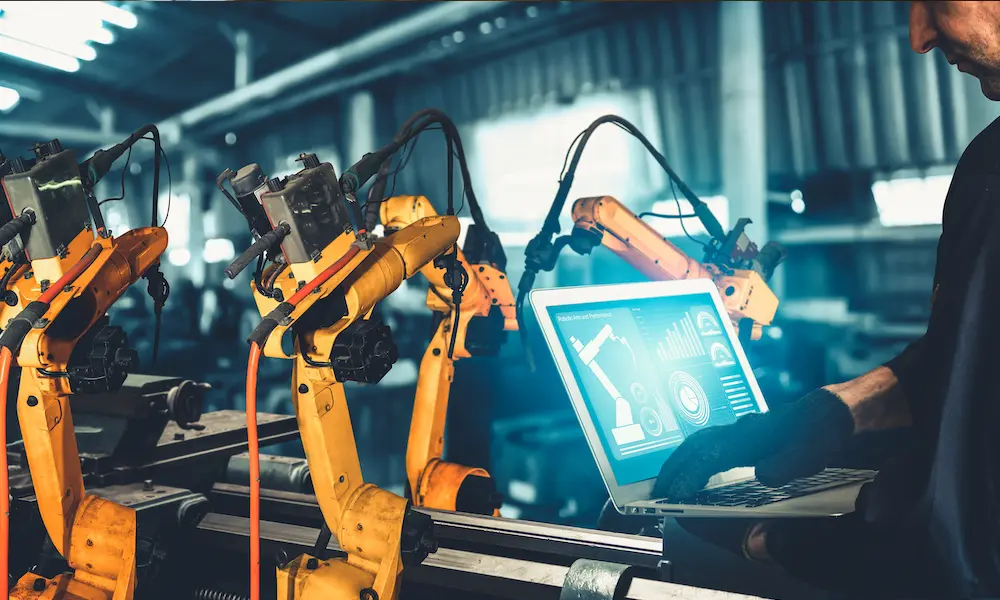If you are in a business that manufactures, produces, distributes, sells, or deals with electrical gadgets and electronic equipment, you must know what WEEE is. As per the national law, a person producing such products must take responsibility of treating the product properly and disposing it in the right manner to save the environment. Electrical landfills can be worse for the environment and may be dangerous to living beings as well.
Channelizing the waste is highly critical and essential for any producer. If you are confused of how to comply with weee regulations, read further to learn a few basics steps as laid by the national laws.
Steps to efficiently follow WEEE norms and regulations?
- Registering your company with the respective national authorities in every country that you transact with and deal with your products.
- Preparing and filing reports on the cost of electrical and electronic equipment sold.
- Organizing funds, managing collections, and adopting methods for recycling as well as recovery of the products.
- Introducing several campaigns, services, and offers that help the end customers to return electric and electronic waste at no extra cost.
- Following all the code and measures to restrict the usage of hazardous substances.
Any waste generated by an electronic or electrical product is defined as WEEE. The full form of WEEE that most producers are aware of includes Waste of Electrical and Electronic Equipment.
A few major examples of WEEE waste include;
- Household appliances such as washing machine, dishwasher, microwave, HVAC unit, refrigerator, generator, invertor, heater, geyser, water purifier, humidifier, etc…
- Beauty appliances such as dryer, shaver, trimmer, massager, hair remover, hair dresser, etc…
- Medical instruments and health monitoring devices
- Lighting systems
- Toys, gadgets, and other sports equipment
- Small electric appliances such as fryers, toasters, blender, juicer, vacuum cleaner, coffee maker, clocks, watch, etc…
- IT equipment such as monitors, laptops, computers, keyboard, printers, fax machine, mobile phones, telephones, etc…
- Entertainment equipment such as television set, sound recorder, ALEXA, Wi-Fi unit, video cameras, radio, Bluetooth players, speakers, woofers, musical instruments, etc…
Conclusion:
A WEEE compliance company can resolve all your queries on how to comply with weee regulations. They know the detailed steps and a WEEE compliance officer also ensures no errors, delays, or mistakes are performed by the producer amidst the compliance process. Meet a good WEEE company in person and you would know how you can save time, money, and efforts.







